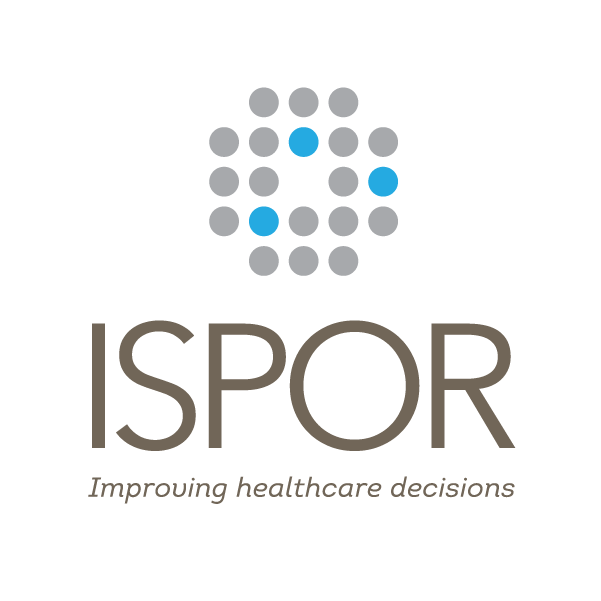Newswise — Barcelona, Spain—14 November 2018—ISPOR, the professional society for health economics and outcomes research, held its third plenary of ISPOR Europe 2018 this morning, “Budget Impact and Expenditure Caps. Potential or Pitfall?“.
In the European Union, a number of countries are seeking to manage their health systems’ budgets by implementing financial caps and linking pharmaceutical expenditure to gross domestic product. Proponents of budget-capping policies consider them to be a promising approach toward cost containment, affordability, and predictability of healthcare budgets. Critics of this approach believe that while financial caps may offer short-term financial control, the longer-term impact may hinder efficiency, diffusion of innovation, and appropriate incentives for competition.
In this plenary, panelists explored the issues of budget impact and expenditure caps in European countries with special focus on its impact on health outcomes. Guillem López-Casasnovas, PhD, Universitat Pompeu Fabra, Barcelona, Spain moderated the session.
Geert van Maanen, formerly with Ministry of Health, The Netherlands provided an overview of the status of healthcare expenditures noting that expenditure growth in healthcare is higher than other sectors. Each year a greater percentage of total expenditures go to health and this is complicated by the many inefficiencies and waste in the healthcare system. Mr van Maanen identified 4 best practices to address these complex issues: 1) Innovate to increase value and efficiency, 2) Correct for value-destroying behavior, 3) Create information on key performance indicators, and 4) Build resilience into the system.
Peter C. Smith, MSc, University of York, London, England, UK spoke about budget caps in publicly funded healthcare. He pointed to the health system skepticism that comes from reputable sources. For example, the World Health Organization estimates that 20% to 40% of health resources are being wasted. Mr Smith believes expenditure caps are inevitable for healthcare predominantly funded by the public sector, noting that “the question is not whether we need budget caps, but rather how we are going to implement them.”
Adrian Towse, MA, MPhil, Office of Health Economics, London, England, UK identified a number of factors that drive healthcare expenditures, including income, demographics, and slow productivity growth due to the nature of healthcare (eg, the one-on-one physician/patient interaction). He stressed that, “There will never be enough money in healthcare. That is the whole point of economics—limited resources and efficient choices.”
Félix Lobo, PhD, University Carlos III de Madrid, Madrid, Spain spoke about expenditure caps for pharmaceuticals based on his experience in Spain. He believes that pharmaceutical expenditures need budget restrictions; just like any other public expenditure. He also pointed out that healthcare expenditure may not be efficient, noting that in their 2017 report “Tackling Wasteful Spending on Health” the Organisation for Economic Co-operation and Development (OECD) stated that, “A significant share of health spending in OECD countries is at best ineffective and at worst, wasteful.”
ISPOR is recognized globally as the leading professional society in HEOR and its role in improving healthcare decisions. ISPOR Europe 2018 is the leading HEOR conference in Europe and draws more than 5000 healthcare stakeholders, including researchers and academicians, assessors and regulators, payers and policy makers, the life sciences industry, and patient engagement organizations.
Additional information on ISPOR Europe 2018 can be found here. Released presentations from the conference can be found here. Interested parties can follow news and developments from the conference on social media using the hashtag #ISPORBarcelona.
###
ABOUT ISPOR
ISPOR, the professional society for health economics and outcomes research (HEOR), is an international, multistakeholder, nonprofit dedicated to advancing HEOR excellence to improve decision making for health globally. The Society is the leading source for scientific conferences, peer-reviewed and MEDLINE®-indexed publications, good practices guidance, education, collaboration, and tools/resources in the field.
Web: www.ispor.org | LinkedIn: http://bit.ly/ISPOR-LIn | Twitter: www.twitter.com/ISPORorg (@ISPORorg) | YouTube: www.youtube.com/user/ISPORorg/videos | Facebook: www.facebook.com/ISPORorg | Instagram: www.instagram.com/ISPORorg
